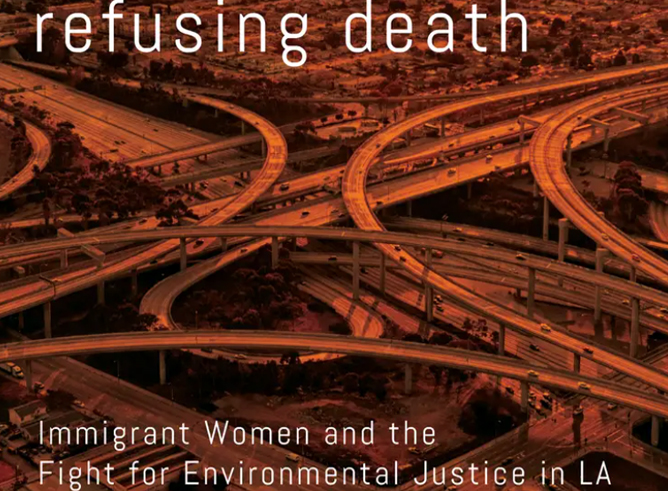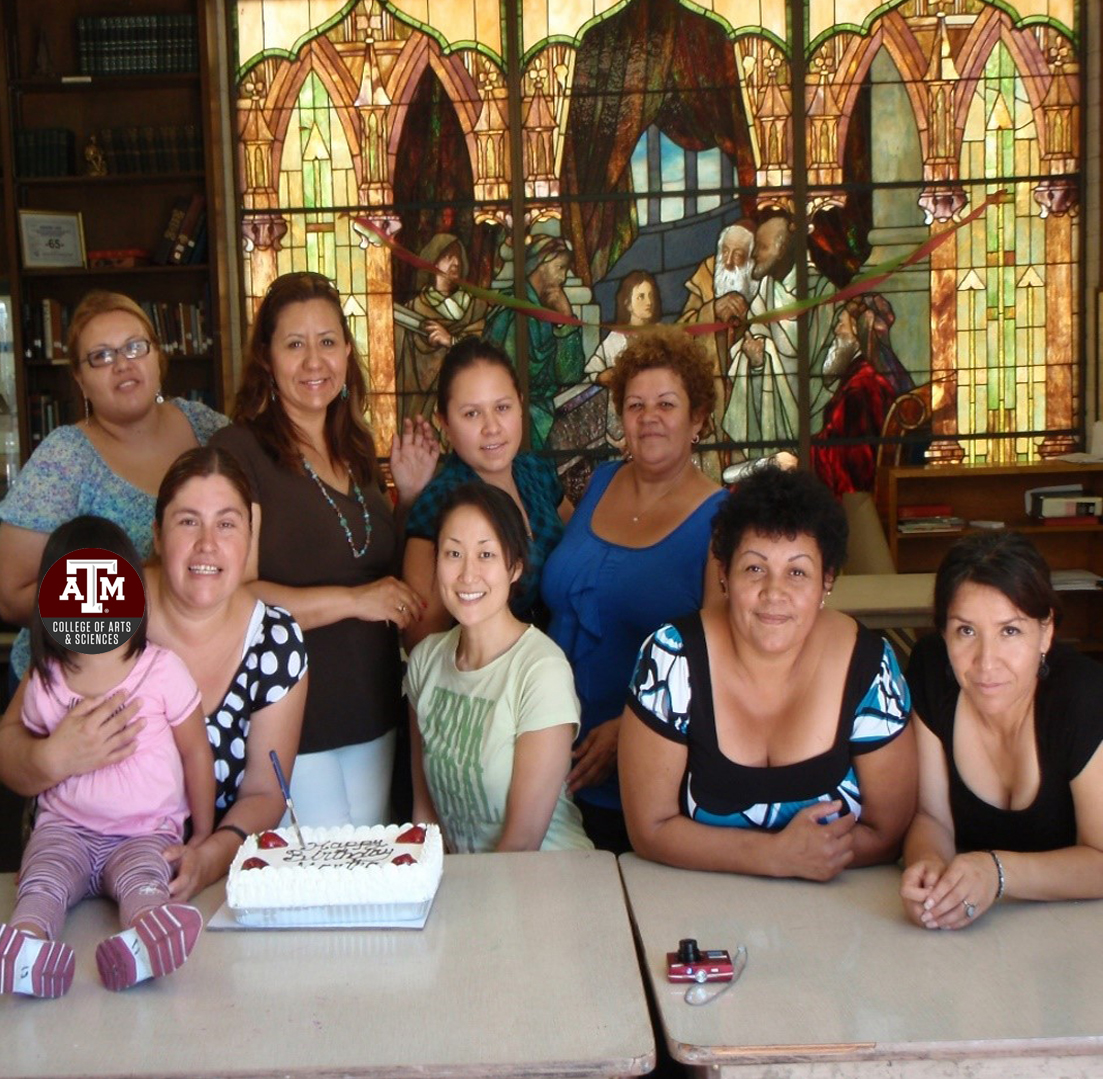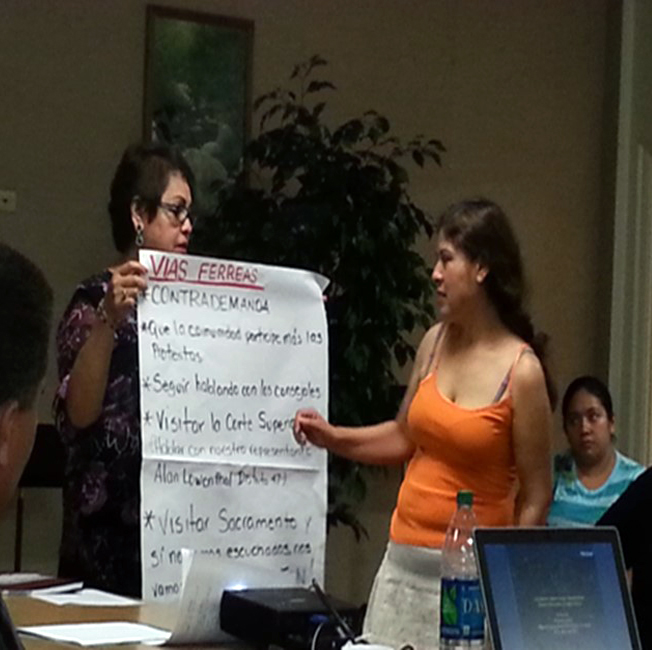
Renowned sociology professor Dr. Nadia Kim has received dozens of awards for her research and published writing to date, perhaps none more pivotal than the 23rd annual Susanne M. Glasscock Book Prize for her book, Refusing Death: Immigrant Women and the Fight for Environmental Justice in LA, that brought her to Texas A&M University and jumpstarted her Aggie journey.
Kim, holder of the George Sumey Jr. Professorship in Liberal Arts and Claudius M. Easley Jr. Faculty Fellow in the Texas A&M Department of Sociology, has a background in environmental racism and classism. While completing her Ph.D. at the University of Michigan in Ann Arbor, she became involved in class discussions and environmental social justice campaigns that opened her eyes to the consequences of severe pollution.
A Disproportionate Impact
When Kim moved to Los Angeles for an employment opportunity, she saw the ways in which the pollution was disproportionately impacting women and families of color. Because Los Angeles’ industrial-port belt is home to 11 of the top 20 oil refineries in California, the “pollution corridor” of southern California is notorious for poor air quality, dubbed by The Atlantic as “asthma boulevard.”
“The inspiration for my book was a combination of being invested in how the climate crisis plays out on the ground amongst these disadvantaged populations, and really understanding that it impacts communities, neighborhoods and individual people,” Kim said.
Her determination to make a change culminated into several years researching in the field and publishing Refusing Death in 2021.
Trust-Based Relationships Amid Reciprocity

After undergoing the cross-country move from Boston to Los Angeles, Kim began the process of writing the book. With her family’s support, she researched and worked from the ground up and familiarized herself with each aspect of the movement, including who was being impacted and what steps were being taken towards equality.
“When I moved from Boston to Los Angeles, I wasn’t immersed in the movement yet, so I started from zero, from the very beginning,” Kim said. “I learned a lot, keeping my eyes wide open. I was really curious about the movement and was figuring out who was willing to talk to me and who wasn’t. It really motivated me to keep doing a project that was feeling really out of reach.”
According to Kim, one of the most important parts of her research was the relationships she built with the affected families. Establishing trust by submerging herself in the communities was a lengthy process but went a long way in understanding the root of the problem.
“I not only observed what was going on in the communities but also participated,” Kim said. “I helped with door-knocking, publicizing and attending events and speaking to government officials. I was also doing interviews — some being casual and informal, while others were very in-depth. I made sure to incorporate a sense of mutual reciprocity and focused on building relationships so that they knew they could trust me.”
Maintaining Connections And Community

Although she is now more than 1,400 miles from the ongoing fight in Los Angeles, Kim continues to support those organizations in their efforts.
“Every penny of the sales of my book go to the community-based organizations that I worked with,” Kim said.
One of Kim’s biggest goals in publishing Refusing Death was for people to recognize both the existence of environmental injustices and the political change makers who are leading the battle against it.
“I just hope that people realize that wealth and materialism are secondary to the fact that people are dying from not just environmental justice issues but from the climate crisis, there and everywhere,” Kim said. “I found that mostly Asian and Latina immigrant women and mothers were at the forefront of this campaign and are active community leaders and political change makers.”
After several years of extensive research, relationship-building and writing, Refusing Death was published and met with many accolades, including the Glasscock Book Prize. That recognition is what led her to Texas A&M in 2023, where she uses her research experience to prompt new ways of thinking in her students.
“Texas A&M was so open to the ideas and analysis in my book and because of that, I am here,” Kim said. “They are honoring my book. While being here, I found that one of Texas A&M’s strengths is that they have so many resources, and it lends itself to me being able to continue doing projects like this.”
